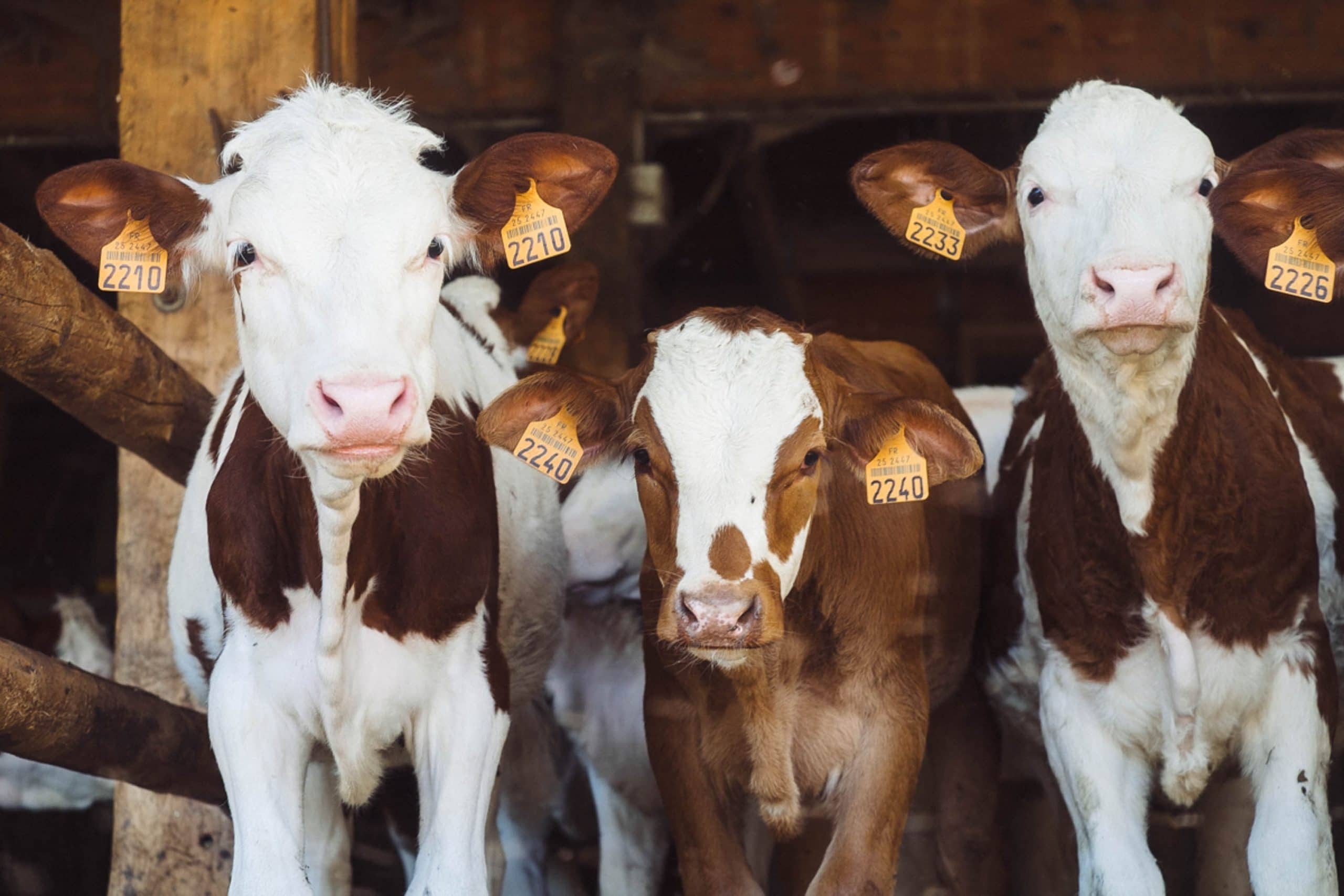The concrete mix for farm and agricultural sites needs to be particularly durable, especially for external areas and routes between units. This is due to higher levels of wear and tear from farm equipment scraping surfaces, in addition to variable weather conditions and temperatures throughout the year.
The same goes for livestock feeding / housing areas, where the integrity of concrete for hygiene purposes and ease of cleaning is of utmost importance. This is in order to comply with Quality Assurance Schemes and the Food Safety Act. These areas need to withstand high levels of animal traffic, mud and a mixture of wet and dry conditions, with minimal / no degradation in surface quality.
Types of concrete needed for agricultural purposes
Below we have set out the options for concrete choices for agricultural sites. The key here is to consider whether your site has ‘high’, or ‘severe’ exposure to the elements. RC35 is a great option for high exposure sites, but if severe exposure is likely, you may wish to consider RC40 concrete.
Both are appropriate for stable floors, livestock areas and agricultural paving.
Light storage and livestock areas
RC35 concrete / PAV2
We recommend RC35 concrete, which is a heavy duty concrete for use with embedded reinforcement. It offers a durable, high quality finish, similar to RC30, but is much more substantial making it suitable for commercial and industrial use.
Common applications include piling and external slabbing and paving that will be subject to the constant loading and scraping imposed by industrial vehicles and machinery.
What is PAV2?
PAV2 mixes have an air entrainment additive, to create standard sized air bubbles in concrete. This helps to protect the surface from freeze-thaw cycles, making it especially useful for outdoor paving.
Benefits of RC35 concrete for agricultural purposes:
- High durability and finish to withstand heavy machinery and traffic
- Non-slip finish for safe handling of equipment and livestock
- Supports compliance with Quality Assurance Schemes
- Provides a barrier between ground moisture and stored materials / machinery
Other options for agricultural yards and external areas
For external paving / routes between different units on farms, while you can use C35, C40 is also a viable option as mentioned for ‘severe’ exposure areas (those that won’t have protection from elements at all, or on sites where conditions are extreme all year round).
Similarly to RC35 concrete, RC40 has the same uses – stable floors, high traffic agricultural paving and roads – to provide a tough, durable barrier against regular scraping from machinery and between ground floor moisture and materials / livestock feed / equipment.
Benefits of RC40 concrete for agricultural purposes:
- Best for ‘severe’ exposure sites
- High durability and finish to withstand heavy machinery and traffic
- Non-slip finish for safe handling of equipment and livestock
- Supports compliance with Quality Assurance Schemes
- Provides a barrier between ground moisture and stored materials / machinery
Working out how much concrete is needed for agricultural and farming sites
Estimating concrete quantities can be a tricky and often unnecessarily expensive task due to inadvertent over ordering.
Use our concrete calculator to work out how much you think you will need and we will arrive on-site and mix the exact requirements for the job.
For sites that are difficult to access, such as facilities narrow access entrances, and for large concrete pours where the use of wheel barrows will be very time consuming, we would recommend using one of our concrete pumps, which will pump the concrete from the concrete lorry to the pour-site area saving you on time, labour and hard work! Call us for a quote on 01273 594394, or fill in our handy contact form.
